Human language is an ever-evolving form of communication. Have you ever heard a phrase or saying and wondered where it came from or what it originally meant? Check out this list of the origins of 21 Common Phrases and Sayings.

1. Bite the Bullet
Meaning: to accept something difficult, the unpleasant truth of a situation.
Origin: In times before anesthesia, soldiers were told by surgeons to bite down on a bullet to help deal with the pain during surgery and amputations.

2. Caught Red Handed
Meaning: to be caught in the act of doing something wrong.
Origin: In an old law, if a person was accused of butchering another man’s animal, they had to be caught with the blood of that animal still on their hands.

3. Butter Someone Up
Meaning: Flatter someone, play to their ego.
Origin: Ancient Indian custom of throwing butter at statues of Gods to seek favor.

4. Jaywalker
Meaning: Crossing the street recklessly, not using crosswalks or waiting on signals.
Origin: Jay birds that travel out of forests and into cities often become confused and walk around the streets erratically.
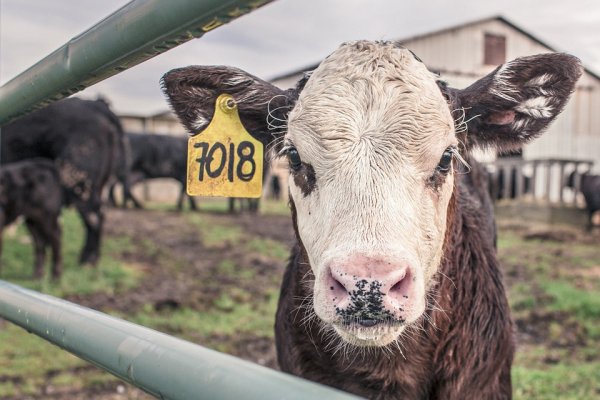
5. Kick the Bucket
Meaning: to die.
Origin: A bucket was placed under a cow at the slaughterhouse before it was killed, and sometimes it would knock it over in its death throes.
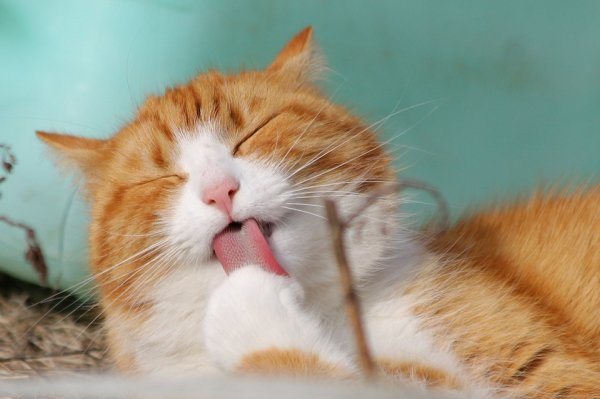
6. Cat's Got Your Tongue
Meaning: Said when someone doesn’t know what to say.
Origin: In medieval times, liars and blasphemes would have their tongues ripped out and fed to cats.

7. Spill the Beans
Meaning: To reveal a secret.
Origin: In ancient Greek organizations, they would vote by dropping beans into a can. White beans were often used for approval, and black or brown for disapproval. Occasionally a clumsy voter would knock the cans over, thus spoiling the secret of the votes cast.

8. No Spring Chicken
Meaning: someone past their prime, or no longer "young".
Origin: New England chicken farmers sold their chickens in spring when they were in their prime. If a chicken wasn’t sold then it was considered “no spring chicken.”

9. Rub the Wrong Way
Meaning: To irritate or agitate someone.
Origin: Referring to colonial woodworkers who would dry-rub the oak against the grain.

10. Blood is Thicker than Water
Meaning: Family ties are the strongest bond.
Origin: The correct meaning of this phrase is different than the popular / current day one. The original phrase was "the blood of the covenant is thicker than the water of the womb" essentially meaning the blood shed in battle bonds soldiers more closely than simple genetics or relation.

11. Sleep Tight
Meaning: Have a good night's sleep / Sleep well.
Origin: In Shakespearean times, mattresses were connected to the frames with rope and to make the bed more firm you had to tighten the rope.

12. The Whole Nine Yards
Meaning: To give it your all, to try your best.
Origin: The bullets for the machine guns used in American combat planes of WW2 were in chains twenty-seven feet in length. Thus if a pilot was able to fire all his bullets off he was said to have given the enemy 'the whole nine yards'.
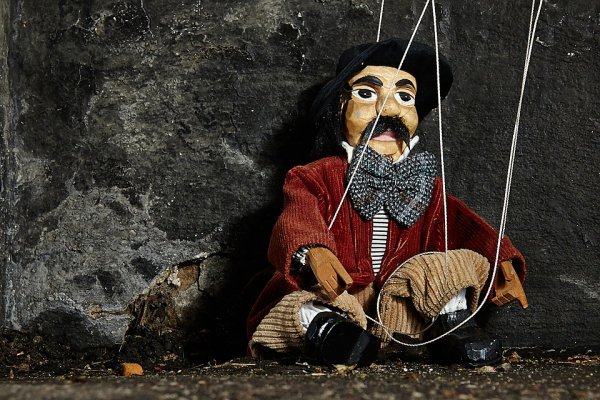
13. Pleased as Punch
Meaning: to be very happy, pleased with yourself.
Origin: A 17th century puppet show for children called Punch and Judy featured a puppet named Punch who would kill people, then feel very pleased with himself afterwards.
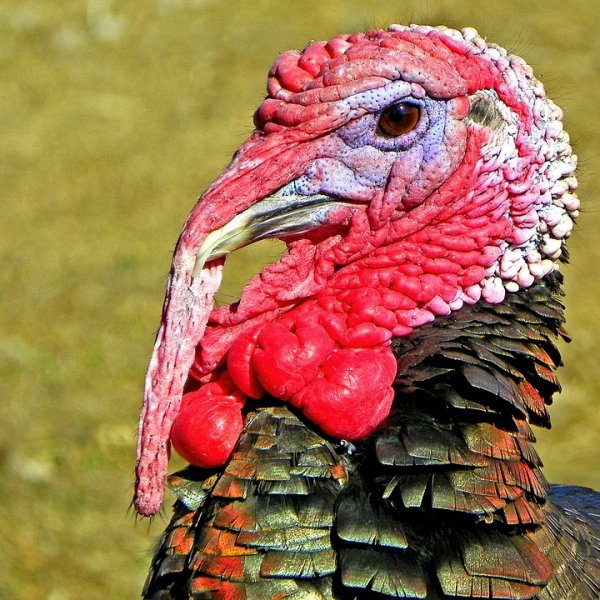
14. Go Cold Turkey
Meaning: to quit or give something up abruptly.
Origin: Refers to drug addicts having pale skin with goosebumps during withdrawals, like the skin of a turkey.

15 . Saved by the Bell
Meaning: to be rescued from an unwanted situation.
Origin: Before the advancements of modern medicine, they would accidentally bury people who weren't actually dead. To combat this they connected a bell with a string from the coffin leading to the surface so a buried victim could alert gravediggers of the mistake.

16. More than You Can Shake a Stick At
Meaning: a large amount or quantity of something.
Origin: Farmers herded sheep by waving sticks. When they had more sheep than they could control, the phrase was born.

17. Breaking the Ice
Meaning: To initiate a conversation, or interaction with someone new.
Origin: In old port cities before trains or cars, large cargo ships would break through the ice during winter to allow smaller trade vessels passage.

18. Giving the Cold Shoulder
Meaning: To ignore someone or brush them off.
Origin: In medieval England, it was actually a polite way to signal to guests that it was time to leave. The host would serve a cold piece of meat from the shoulder of beef or mutton.
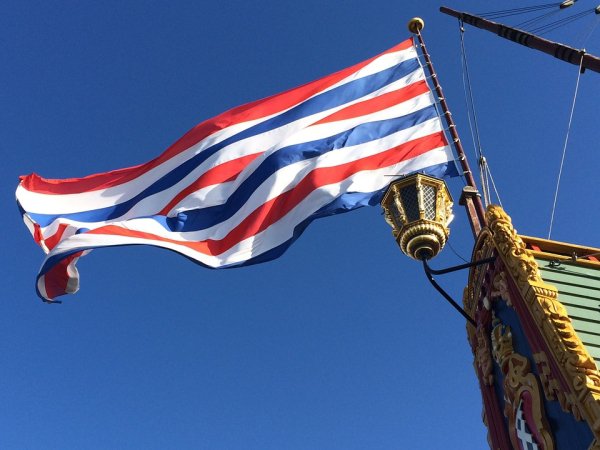
19. Show Your True Colors
Meaning: To reveal your true self, intentions, or similar.
Origin: Warships flew multiple flags to confuse enemies, but rules of warfare state that they must show their country’s colors before firing.

20. Rule of Thumb
Meaning: a broadly accurate guide or principle, based on experience or practice rather than theory.
Origin: 17th Century Judge Sir Francis Buller, ruled it legal to beat a wife if the stick was no thicker than his thumb.

21. Woke Up on the Wrong Side of the Bed
Meaning: Waking up grumpy or unpleasant.
Origin: In Roman times it was considered bad luck to get out of bed on the left side. Therefore, if you got out of bed on the ‘wrong’ side (the left side), it was thought that you would have a very bad day.






32 Comments